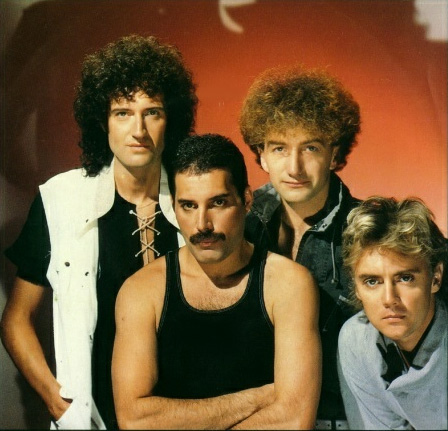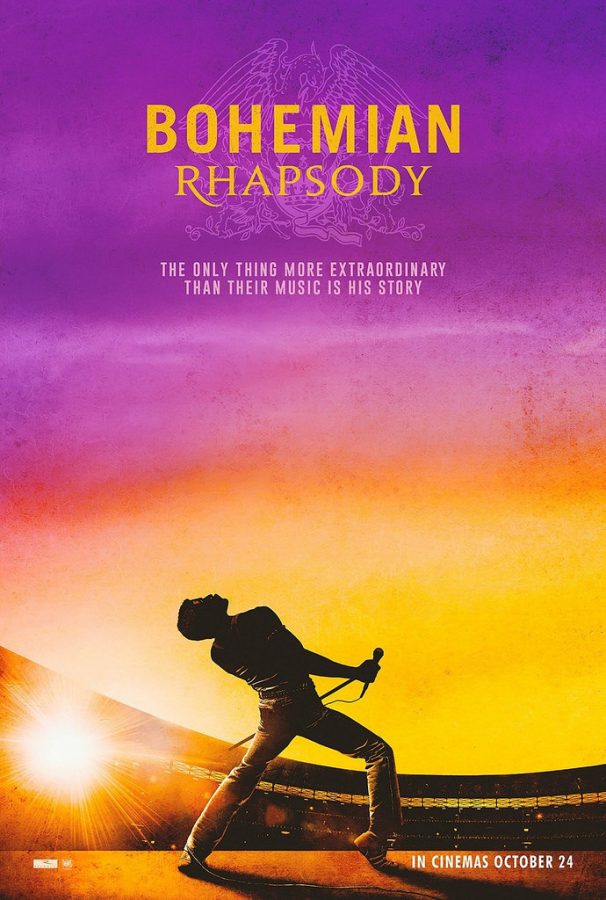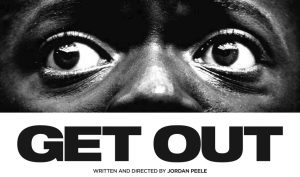“Bohemian Rhapsody” biopic bores with generic plotlines and bland storytelling
“Bohemian Rhapsody” is a biopic following the life of Freddie Mercury, the lead singer of “Queen.” // FLICKR
December 13, 2018
Despite offering some compelling moments from the life of Freddie Mercury and Queen, “Bohemian Rhapsody” ultimately feels overwhelmingly cliché and dull in its retelling of the history of the iconic rock band.
The Queen biopic features Rami Malek as lead vocalist Freddie Mercury. Malek is accompanied by Gwilym Lee as Brian May, Ben Hardy as Roger Taylor and Joseph Mazzello as John Deacon — the band’s lead guitarist, drummer and bass guitarist, respectively.
The film follows Mercury as he joins the band in 1970 and explores the production of their first album before jumping to the development of “A Night at the Opera” and their acclaimed track, “Bohemian Rhapsody.” The band’s success is interspersed with scenes from Mercury’s romance with his wife Mary Austin, as well as his relationships with other men after realizing his sexuality. After moving to Munich to work on his solo albums, Mercury returns to the other members of Queen to perform for Live Aid, concluding the film with what is considered to be one of their best performances.
On stage, the combination of colors and Queen’s most celebrated tracks is nothing less than electric, and between concerts, the scenes of the band in the recording studio are entertaining; disappointingly, these are the few highlights of the film.
Malek shines playing the 80’s rock icon, adding personality to his role by generously accenting his sentences with a lilting “darling” or “dear” and striding across the stage with flamboyant outfits, mic in hand. But while he puts on a convincing and entertaining performance as Mercury on stage, Malek loses his effervescence during the rest of the film and often feels as underdeveloped as the other members of the band.

The most we see from the remaining members come from glimpses of their musical experimentation in the studio or their arguments with the lead vocalist. The film fails to highlight their contributions to Queen’s music and emphasize their importance as individuals in the band alongside Mercury.
The biopic attempts to cover a large majority of the band’s history while juggling Mercury’s personal and romantic life, but this ambition comes at the expense of meaningful transitions and development. Too often, the timeskips between landmark points in their career make the film feel rushed, and it’s difficult to see the band’s popularity develop over time. While established fans of the band were likely unbothered by this characteristic of the biopic, audiences introduced to Queen through the film are likely to feel confused. It’s hard to tell when each event is taking place, making it a challenge to discern the time between the events.
However, fans of the band were frustrated with some of the film’s historical inaccuracies; in particular, Queen never officially disbanded while Mercury pursued solo musical ventures, and Mercury was not diagnosed as HIV-positive before the band’s performance at Live Aid.

Freddie Mercury performs a record-breaking hit.
// ILLUSTRATION BY SARAH KIM
The decision to change the date of the diagnosis was especially disappointing, as audiences who expected an emotional and profound reveal of Mercury’s diagnosis saw it downplayed and turned into an excuse to add a touch of melodrama to the film’s conclusion. As with many other scenes in the film, Malek’s confession to the rest of the band feels hasty and somewhat insincere, and the momentary sadness is quickly segued into preparation for the Live Aid performance. Unfortunately, the emotional weight of such a solemn scene was underwhelming and resolved too quickly.
Perhaps the biggest problem with the movie is its inability to create an emotional connection between the viewers and the characters portrayed. “Bohemian Rhapsody” relies too heavily on an assumed familiarity with the band, and chooses to focus on Queen’s music rather than the people behind it. By the end of the film, it’s not clear who Mercury as a person really is, or why we should care about him. The same is even more true for the other members of the band who aren’t as recognizable. “Bohemian Rhapsody’s” mediocre retelling of Mercury’s life turns his extraordinary tale into a cliché.
“Bohemian Rhapsody” features entertaining performances, but falls flat in almost all other areas with a lack of cinematic innovation and character development. While it is generally enjoyable on a more superficial level, the hasty and generic record of Queen’s history combined with an overly-rosy perspective on Mercury’s life leaves much to be desired.








